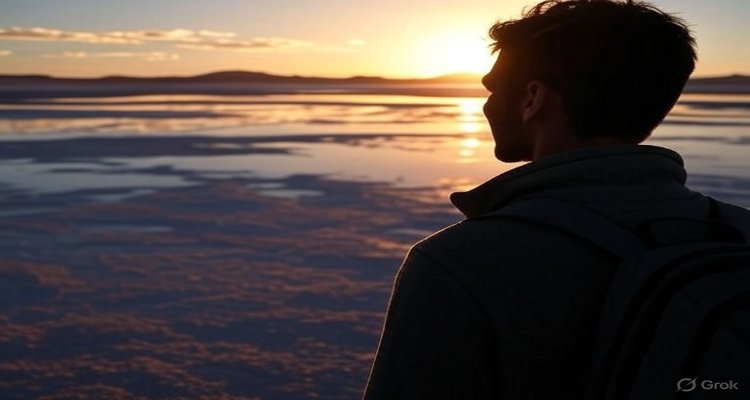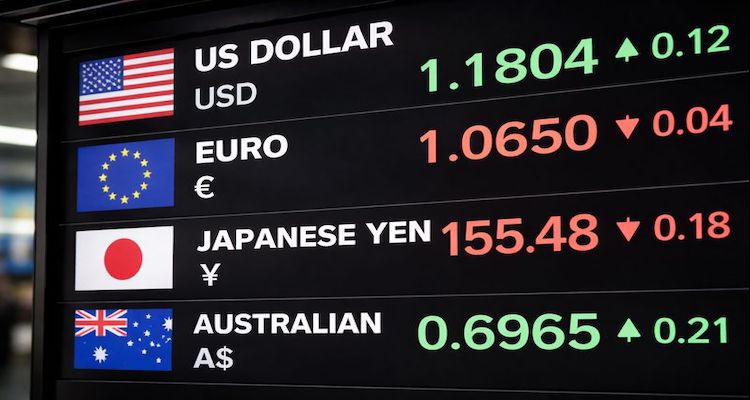Beyond Borders: Journeys That Redefine Travel

Discover how travel is being redefined through hidden destinations, borderless experiences, and the rise of nomadic tourism shaping the future of global exploration.
Introduction: A New Dawn for Travel
For centuries, travel was defined by borders, guidebooks, and well-trodden tourist routes. But today, the narrative is shifting. Beyond luxury resorts and predictable itineraries, a new kind of journey is unfolding—one that ventures beyond borders, seeks hidden horizons, and embraces nomadic dreams. Travelers are no longer content with seeing; they want to connect, learn, and redefine what global exploration means.
Context & Background: From Tourism to Transformation
Traditional tourism has long revolved around iconic landmarks—the Eiffel Tower, the Taj Mahal, or the Great Wall of China. Yet, the COVID-19 pandemic disrupted this pattern, forcing people to reconsider not just where they travel, but why. This reset gave rise to slow travel, digital nomadism, and an appetite for offbeat, underexplored destinations.
Governments and local communities have also begun promoting sustainable tourism models. Programs in places like Bhutan, Costa Rica, and Slovenia emphasize ecological responsibility while highlighting cultural authenticity. As a result, the global travel industry is now balancing recovery with reinvention.
Main Developments: Hidden Horizons Emerging
The most striking change in modern travel is the surge of interest in lesser-known destinations. From the salt deserts of Bolivia to the rugged fjords of the Faroe Islands, these “hidden horizons” are rewriting global travel maps.
According to the World Tourism Organization (UNWTO), interest in remote and culturally immersive experiences has doubled in the past five years. Regions like Eastern Europe, Central Asia, and parts of Africa are drawing in travelers who want something beyond the mainstream.
Parallelly, the rise of digital nomad visas in countries like Portugal, Indonesia, and Mexico is fueling a future where borders matter less. For many, travel is no longer a two-week holiday—it’s a lifestyle.
Expert Insight: What the Future Holds
“Tourism today is less about escape and more about engagement,” notes Dr. Ayesha Rahman, a cultural anthropologist specializing in global mobility. “People want to leave a destination with more than photographs. They want stories, skills, and human connections.”
Industry leaders echo this sentiment. Travel strategist Mark Ellison highlights that the biggest growth market is not luxury but experience-rich travel. He explains, “The next generation of travelers values immersion—whether that’s cooking with a local family in Vietnam or volunteering in rewilding projects in Scotland.”
Public sentiment reflects this too. Online communities like Nomad List and Couchsurfing show a growing appetite for affordability, authenticity, and adaptability in travel.
Impact & Implications: Tourism Without Borders
This shift in global tourism has far-reaching implications. Economically, it diversifies income streams for developing regions previously excluded from mainstream travel. Socially, it creates opportunities for cultural exchange but also raises concerns about over-tourism in fragile ecosystems.
Governments are responding by implementing travel taxes, eco-certifications, and digital infrastructure investments to attract long-term visitors. The European Union’s focus on sustainable aviation fuel and the Pacific Islands’ advocacy for climate-conscious travel are early examples of policy shaping the future.
For individuals, the transformation means greater freedom—but also responsibility. As more people adopt nomadic lifestyles, questions around healthcare, taxation, and cultural sensitivity become increasingly pressing.
Conclusion: A Future Written in Journeys
The age of predictable itineraries is fading. In its place rises a new travel philosophy: beyond borders, toward hidden horizons, and fueled by nomadic dreams. Whether it’s a backpacker tracing Silk Road routes, a family exploring untold destinations, or a digital nomad redefining home on a global scale, the essence of travel is evolving.
The journey ahead is not about crossing borders—it’s about dissolving them. And in doing so, global tourism is no longer just about movement; it’s about meaning.
Disclaimer : This article is for informational purposes only. Travel trends and policies are subject to change, and readers are encouraged to check official government and tourism board guidelines before making travel plans.










